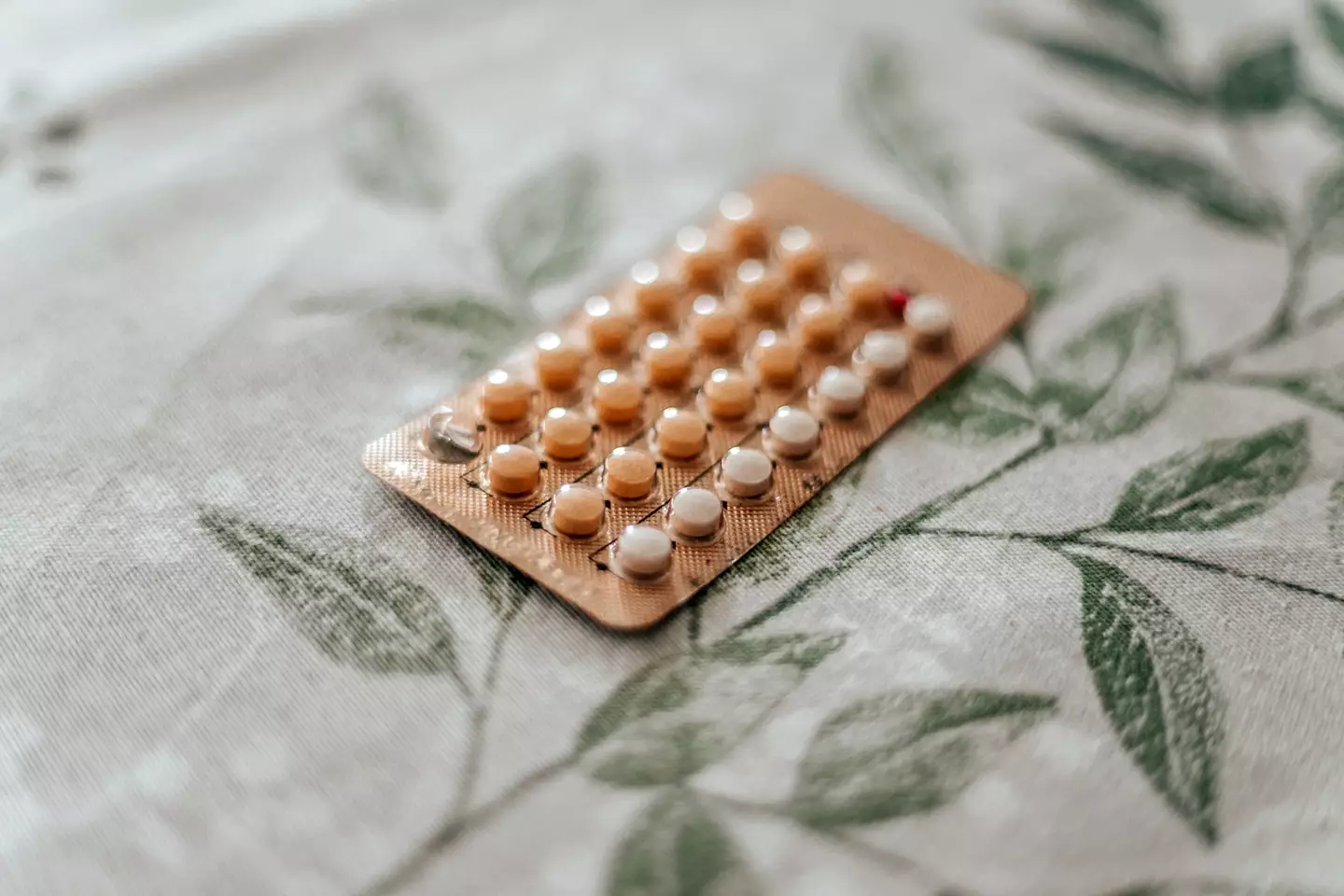.png)
Male contraceptives have been nothing more than a pipe dream for too long after hormonal tablets caused side-effects.
But now, the first non-hormonal tablet for men is being trialled and one of the developers has squashed the most common fear men have about it.
Of course, we have condoms, femidoms, implants, pills and injections - predominantly focused on being used on women to stop pregnancy.
Advert
But calls for a male pill has proved to be quite difficult to manufacture... well, up until now.
Inventor Dr Gunda Georg, from the University of Minnesota in the US, has worked on a contraceptive pill for men for the last 20 years and feels that its animal trials have been successful, and that it’s release is ‘rewarding’.
It is the first of its kind not to contain hormones and has an apparent 99 percent effective and 100 percent reversible ability.
Having been tested on mice and monkeys, it was found to lower the sperm count and return back once withdrawn from the system.

Now, it’s moving onto its next phase, which is the human trials, which will see a group of 16 men who are enrolled at a clinic in Nottingham, UK taking the pill to see how it fares.
But there have been a number of concerns, including the matter surrounding sexually transmitted diseases.
Speaking to broadcaster Petrie Hosken on TalkTV back in December, Dr Georg swatted away those concerns and spoke about her confidence in the drug.
Hosken pointed out how many use condoms solely to prevent pregnancy, and if a man was taking the pill, the chances of condoms being used would potentially become much more slim as 'people wouldn't want to use both'.
Dr Georg clarified: "This drug is not going to prevent sexually transmitted diseases, so types of precautions still have to be taken.

"But think about it, there are of course many people who are in committed relationships and for them, I think it would make a lot of sense."
And another big concern Dr Georg addressed was regarding the pill's ability to bring sperm levels back to normal once the user stops taking it.
She said: “Any time you give a drug to the first person there’s always the concern there could be something happening that was not anticipated from the safety studies in animals.
“We have pretty good evidence that this is a safe drug because we have tested it already in non-human primates, and that’s as close as you can get.
“Many drugs are going to clinical trial without going through the non-human primates, but that’s why we feel really confident about the drug.”
She explained that during the trial with monkeys, ‘the sperm count was lowered’ and ‘then when the drug was withdrawn, the sperm counts came back.’

So, it should replicate the same results with men too.
While she said you ‘never know what’s going to happen’ when the first person takes the pill, she doesn’t expect any negative outcomes from the drug.
Instead of reducing testosterone, this new drug uses an inhibitor to block a protein that absorbs the vitamin A needed to make sperm.
This is because researchers believe that blocking it will mean sperm temporarily stops being made, and without negative effects.
Topics: Health, Science, UK News, Sex and Relationships
